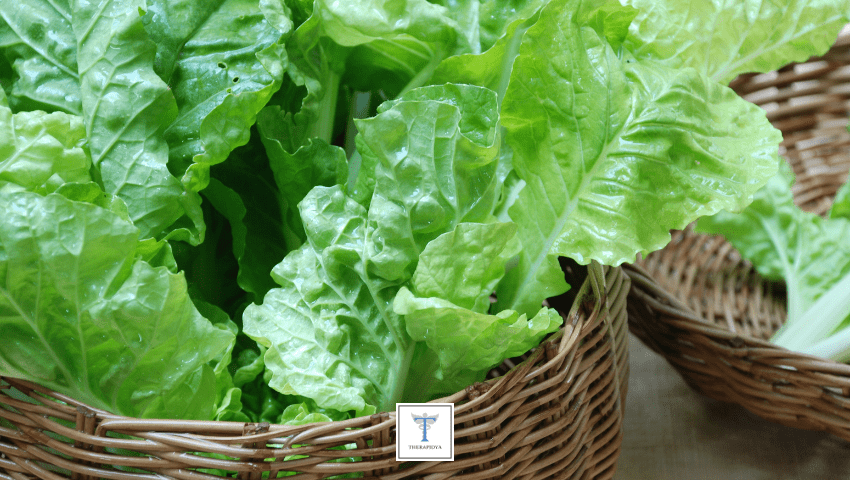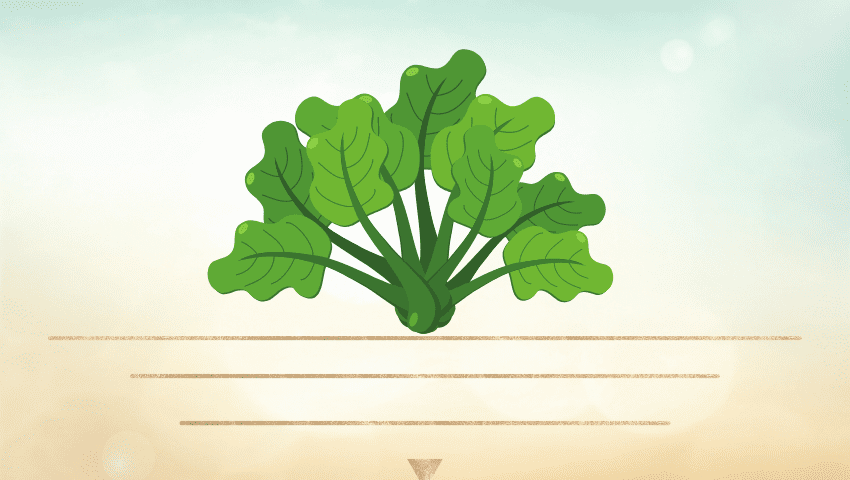Benefits of Mustard Leaf: Everything You Need to Know .. 2023
What are the health benefits of mustard leaf? How can it be used to improve your health? Is it damaged in any way? This article contains important information for you.

Know the advantages of mustard green leaf
Mustard greens are the leafy part of a plant known scientifically as Indian mustard (Brassica juncea).
Mustard is a member of the mustard family (Brassicaceae), also known as the cruciferous family, which includes plants like turnip, radish, and watercress. Please tell us about the following mustard leaf health benefits:
Benefits of Mustard Leaf
Mustard leaf may have numerous health benefits, including:
1.Bone fortification
Eating mustard leaf may help because it contains a lot of vitamin K:
- Increasing bone strength and making it less prone to fractures.
- Reducing the risk of developing some health complications associated with osteoporosis, such as blood vessel hardening caused by calcium accumulation in the blood vessels.
- Protection against health problems associated with low vitamin K levels, such as impaired bone tissue density and osteoporosis disease.
- Encourage bone health in menopausal women. Because these leaves contain minerals like calcium and magnesium, eating them may help to resist bone tissue loss that can occur when women reach this age.
Also read: Loquat Leaf: 5 Incredible Benefits .. 2022
2.Improving the circulatory system’s health status
One of the potential benefits of mustard leaf is that it may help support the circulatory system’s health in a variety of ways, as these leaves may contribute to:
Reduced cholesterol levels
Because mustard leaves contain substances that can bind to bile acids in the digestive system, which contain cholesterol, eating these leaves may help the body rid itself of higher levels of cholesterol.
Reducing the likelihood of blood vessel blockages, which may aid in the resistance to some heart diseases.
Lowering the risk of thrombosis
These leaves are high in vitamin B6, which may help prevent platelets from adhering together.
To get the most benefit from mustard leaves for purposes such as cholesterol reduction, it is best to steam them first before eating them.
3.Defending the body against certain chronic diseases
Mustard leaves contain a number of nutrients that may help reduce a person’s risk of developing certain chronic diseases, including the following:
Antioxidants derived from plants
This may help to strengthen the body’s immunity while also resisting the harmful activity of free radicals, which may contribute to the stimulation of health problems such as autoimmune diseases, arthritis, and mental problems over time.
Glucosinolates
Glucosinolates, which may aid in the prevention of tumor formation and the treatment of cancer.
4.Additional advantages
Here are some additional mustard leaf benefits:
- Keeping the eyes healthy and protecting them from age-related vision loss.
- Promote brain tissue health, which may help to improve mental performance and protect against cognitive decline.
- Improving skin health by stimulating collagen production, combating skin cancer, and treating skin infections, all of which may aid in the fight against acne.
- Other advantages include: relieving menstrual cramps and pain, hastening bruise healing, supporting healthy metabolism, losing excess weight, and improving digestion.

Nutritional content of mustard leaves
Mustard leaf has a high nutritional value.
Each 100 gram contains the following ingredients:
| Energy | 27 calories |
| Water | 90.7 g |
| Proteins | 2.86 g |
| Carbohydrate | 4.67 g |
| Dietary fiber | 3.2 g |
| Magnesium | 32 milligrams |
| Calcium | 115 milligrams |
| Iron | 1.64 milligrams |
| Zinc | 0.25 milligrams |
| Potassium | 384 milligrams |
| Sodium | 20 milligrams |
| Selenium | 0.9 µg |
| Vitamin C | 70 milligrams |
| Follett | 12 micrograms |
| Beta carotenoids | 1790 mcg |
| Vitamin A | 3024 IU |
| Vitamin K | 257.5 mcg |
The side effects of mustard leaf
The benefits of mustard leaf are numerous and wonderful, but this does not mean that eating it is without risk, and here are some of them:
A failure in the clotting processes of the blood
The high vitamin K content of mustard leaves makes it an unsuitable food for some people, particularly those who take blood thinners like warfarin, as vitamin K can interfere with the effectiveness of this type of medication.
Increasing the likelihood of formation kidney stones
Mustard leaves are high in oxalates, which may contribute to kidney stone formation.
Important information about mustard leaf
Mustard leaves come in a variety of shapes, colors, sizes, and even tastes. Although most mustard leaves are green, it is possible to come across violet mustard leaves.
Mustard leaves taste different than mustard seeds because they have a hot and pungent flavor that can be bitter, and the more intense the flavor, the higher the phytonutrient content of the leaves.
These leaves are one of the low-calorie leafy vegetables, and as a result, they can provide the body with a high dose of important nutrients, particularly the antioxidants lutein, neoxanthin, and isothiocyanate.
This post is also available in: Dansk (Danish) Nederlands (Dutch) Français (French) Deutsch (German) עברית (Hebrew) Italiano (Italian) Polski (Polish) Română (Romanian) Русский (Russian) Türkçe (Turkish) Español (Spanish) Български (Bulgarian)







